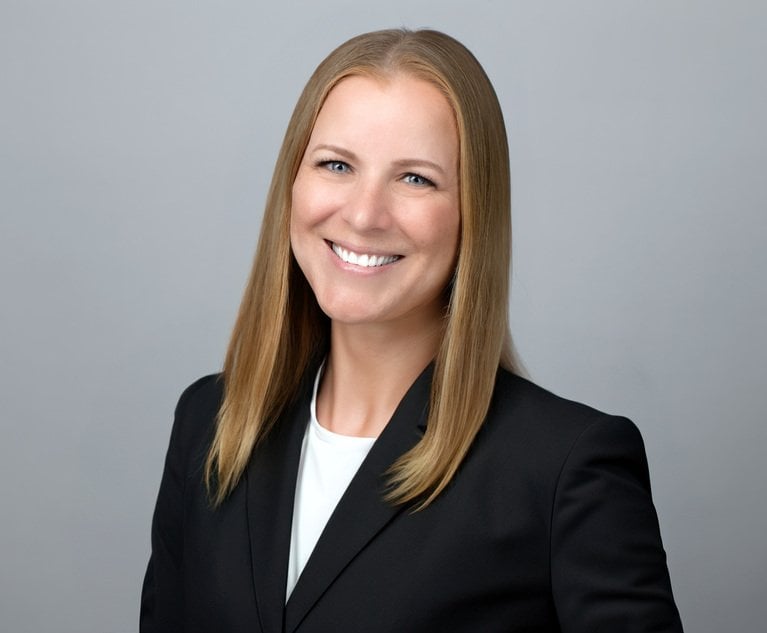For those of you hanging on my every word on the internet (hey, mom, thanks for reading!) you’ll recall that I’ve written a fair bit recently about creative ways to bring more capital to legal technology and innovation. In one post, I entertained the notion of a legal-specific venture fund. Expanding upon that idea in the next post I tossed out what I thought were three new and novel ways to increase funding in legal innovation, ideas that, I was sure, no one had thought of: (1) crowdfunding, (2) micro or indie-VC and (3) an XPRIZE for legal.
With regard to the first two, I’ll let you go back to that post and read what I wrote, but here’s what I wrote for the third:
My final idea is some kind of moonshot prize for legal innovation or technology. The XPRIZE mission is to bring about “radical breakthroughs for the benefit of humanity” through incentivized competition. The best known XPRIZE is the Ansari X Prize related to spacecraft development awarded in 2004. The prize was $10 million but the competition spurred over $100 million in investment in pursuit of the prize. I remain convinced that the buzz from an audacious goal and the promise of a large purse will attract greater attention to opportunities in legal.







